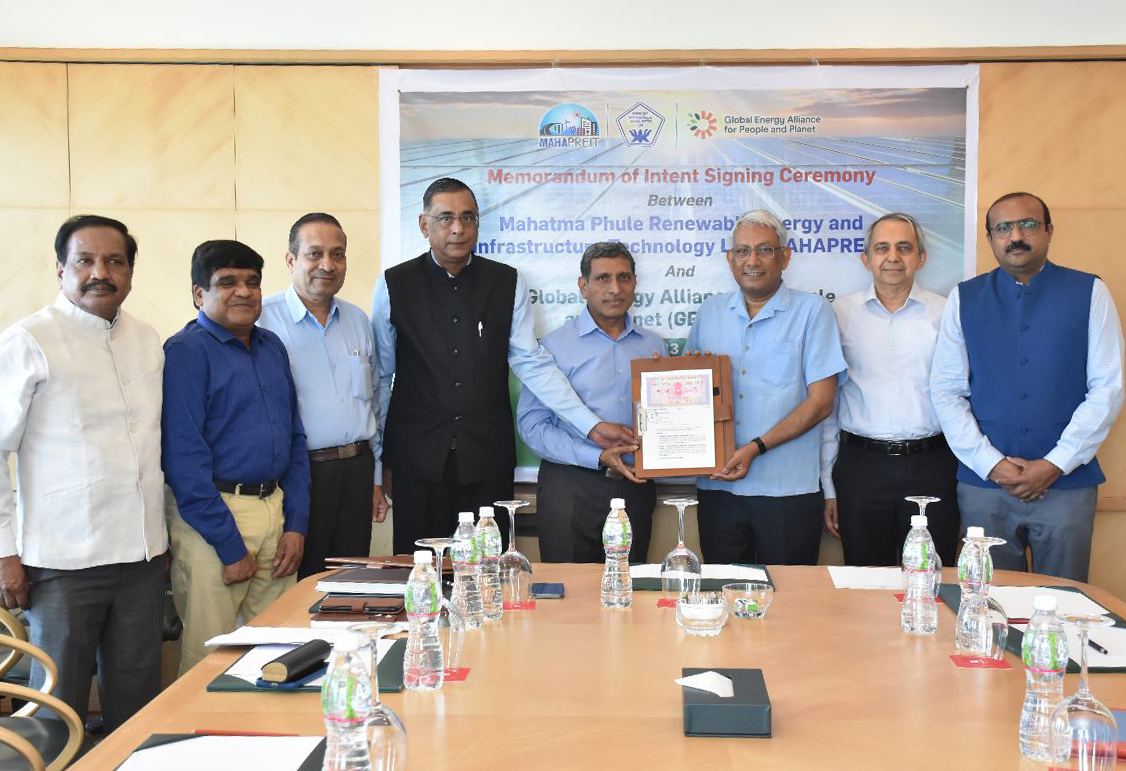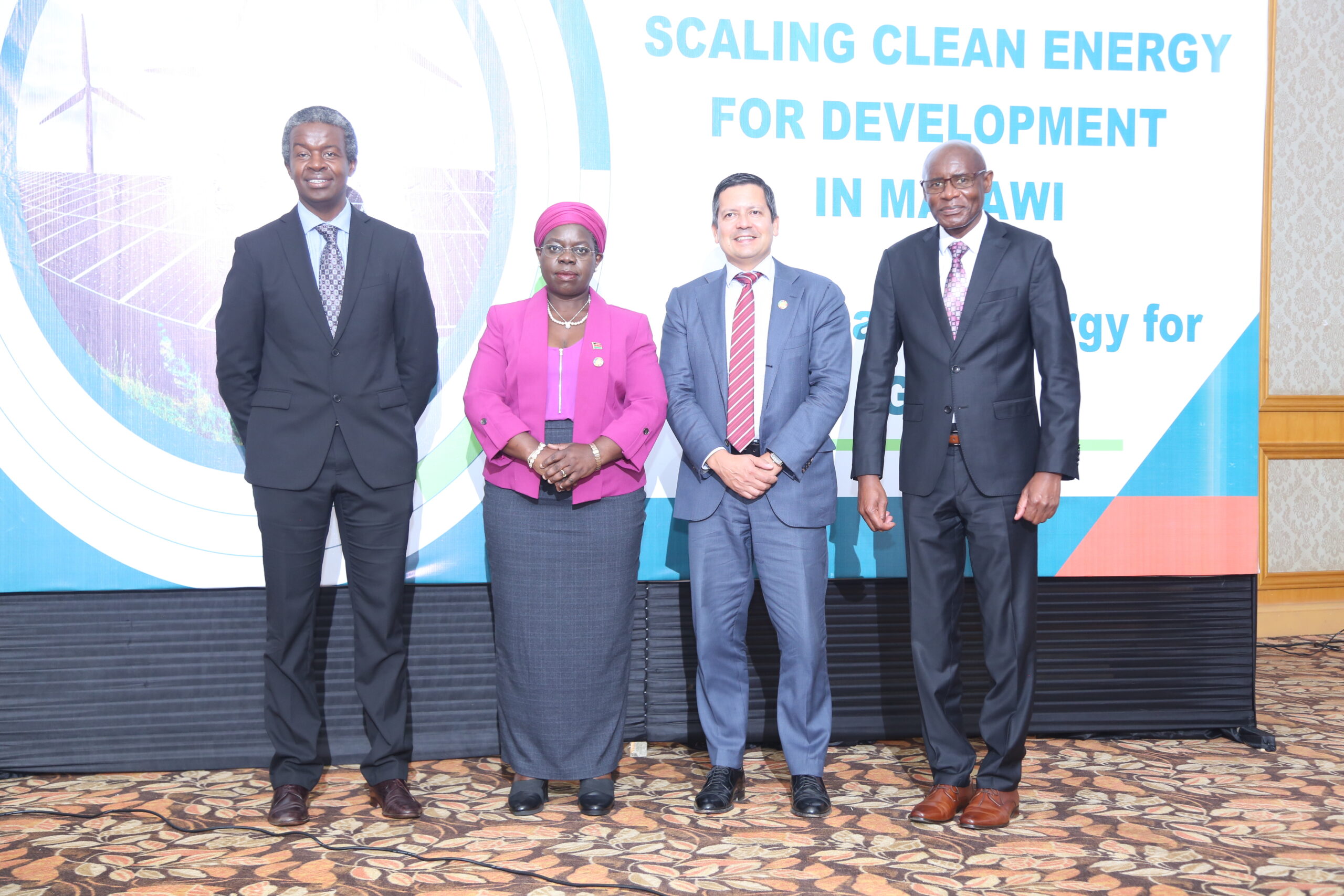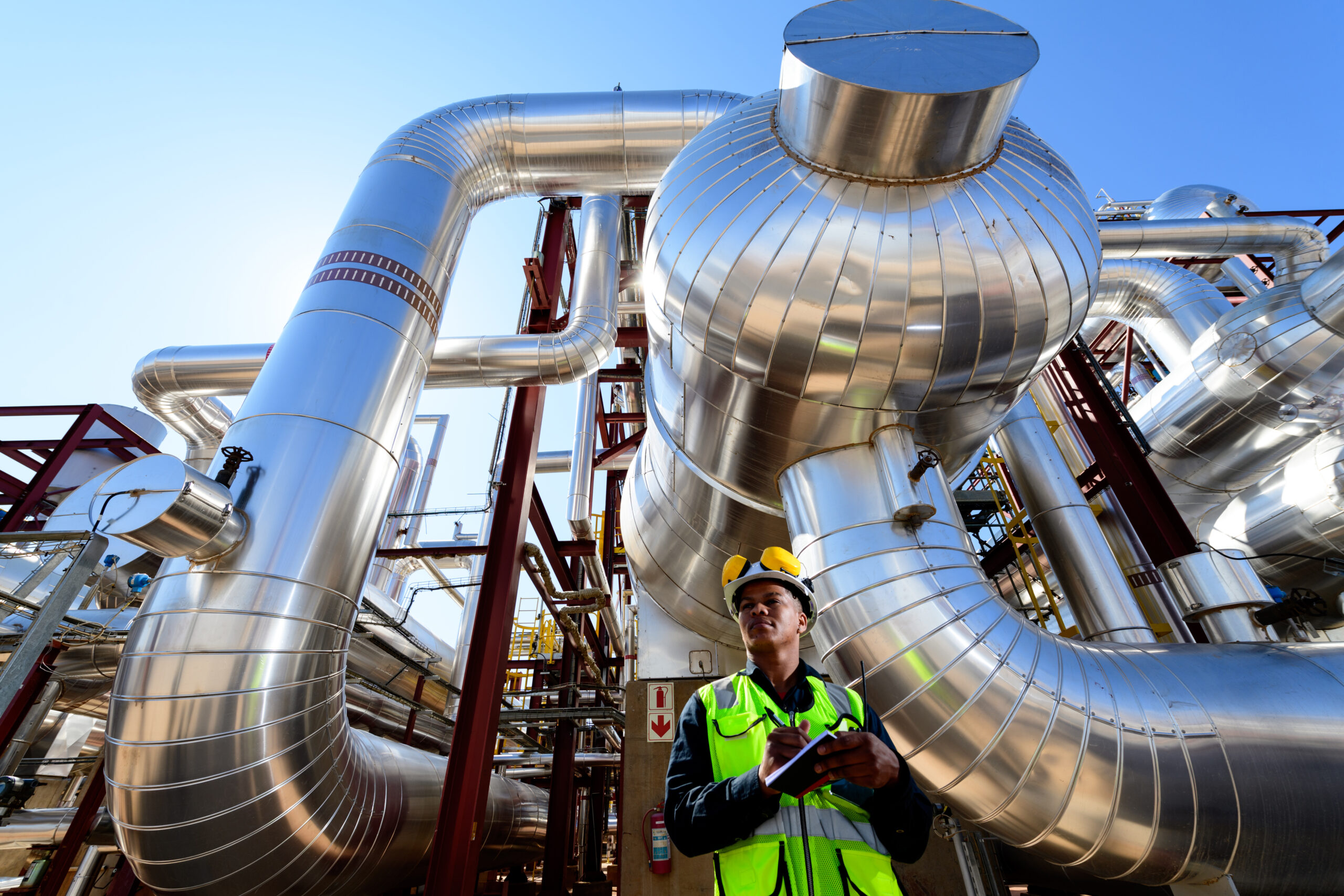Africa’s Steady Race Towards Renewable Energy Sources

Africa has emerged as a beacon of economic opportunity, defying global trends with its steady growth trajectory. The latest Macroeconomic Performance and Outlook (MEO) report from the African Development Bank Group paints a picture of optimism, highlighting Africa’s position as the second-fastest-growing region in the world, with eleven of its countries poised to be among the world’s 20 fastest-growing economies in 2024. Bank Group President Dr. Akinwumi Adesina emphasized that despite the challenging global and regional economic environment, 15 African countries have recorded output expansions exceeding 5%. Africa’s future inspires both excitement and optimism.
These figures underscore the continent’s resilience and potential to drive global economic growth. However, just as Director of the Center for Sustainable Development, Columbia University, Professor Jeffrey Sachs, noted that long-term development cannot be based on short-term loans, similarly, Africa must maintain a long-term vision to sustain its economies’ growth.
The continent’s economic trajectory is a powerful call to leverage a key catalyst for further growth and, importantly, sustainability: renewable energy. As the continent dominates the list of the world’s fastest-growing economies, it is increasingly evident that the adoption of renewable energy solutions such as Distributed Renewable Energy (DRE), along with Battery Energy Storage Systems (BESS) is not just a pathway to development, but a fundamental driver of economic progress and environmental stewardship.
Africa is already on the right path. By leveraging solar, wind, hydropower, and other renewable sources, African nations are diversifying their energy mix, reducing dependence on fossil fuels, and enhancing energy security. This shift towards renewable energy is creating new opportunities for investment, innovation, and job creation, driving economic growth across sectors.
BESS plays a critical role in enhancing the reliability and resilience of renewable energy infrastructure. By storing excess energy generated from sources like solar and wind, energy storage systems mitigate the challenges of intermittency, ensuring a steady and uninterrupted power supply. This not only strengthens energy grids but also enables the efficient integration of renewable energy into existing infrastructure, paving the way for a more sustainable and dynamic energy ecosystem. Several African countries expressed their interest in joining the innovative GEAPP Leadership Council-led BESS Consortium, launched at COP28, to contribute towards the goal of unlocking 90 GW of storage capacity and enabling 400 GW of renewable energy by 2030.
DRE solutions, such as solar home systems and mini-grids, are also empowering communities across Africa to generate their own clean energy. By decentralising energy production and distribution, DRE solutions expand access to electricity in remote and underserved areas, driving economic development and improving quality of life. From powering small businesses to enhancing healthcare and education services, DRE is unlocking new opportunities for inclusive growth and sustainable development.
As part of a coalition dedicated to driving the uptake of DREs, GEAPP is proving the business cases, helping developers and investors make a bridge to scale, and building a movement to accelerate progress. This will support the deployment of a mature industry, providing least-cost power to those who need it most. In Ethiopia for example, the DREAM (Distributed Renewable Energy Modalities) project set to establish 200 mini grids, provide electricity to over 290,000 people in remote areas, create or improve 60,000 jobs, and displace up to 200,000 tons of greenhouse gas emissions by 2030. When completed, it will be the largest mini grid powered irrigation system on the continent.
While Africa’s economic landscape is witnessing a remarkable transformation, sustainable development and economic prosperity must go hand in hand. Renewable energy is not just an alternative; it is a strategic imperative for Africa’s economic future.
As Africa accelerates its transition towards renewable energy, GEAPP stands at the forefront of this movement. By accelerating the uptake of distributed renewable energy and stimulating the uptake of BESS in emerging markets, GEAPP is driving tangible progress towards a more resilient, inclusive, and sustainable future for Africa and beyond.
As the AfDB report points out, to realize the full potential of renewable energy and sustainable development initiatives, concerted efforts are needed from governments, businesses, and civil society. Long-term financing mechanisms must be established to support the deployment of renewable energy infrastructure and technology. Moreover, investments in education, training, and capacity building are essential to equip local communities with the skills and knowledge needed to participate in the clean energy transition.
The growth momentum that the continent is experiencing underscores its resilience and potential to lead the global transition towards a low-carbon future. As Africa charts its course towards sustainable development and economic prosperity, the role of renewable energy, BESS, and DRE cannot be overstated. By embracing these technologies and principles, Africa has the opportunity to not only drive economic growth but also lead the global fight against climate change.


